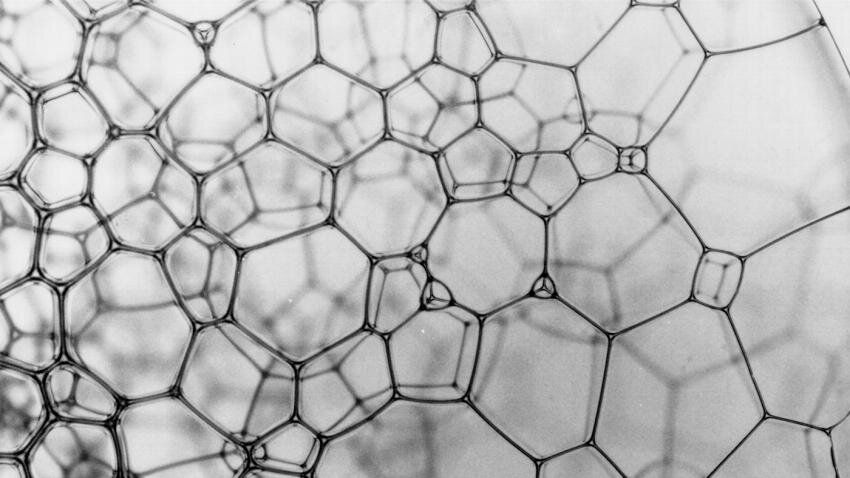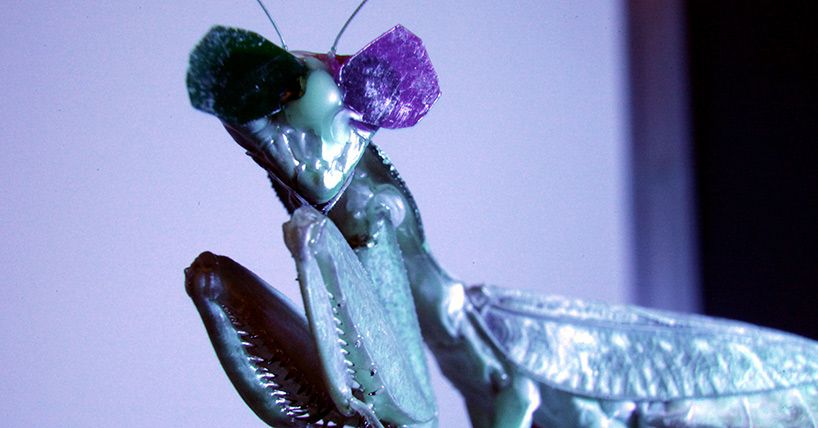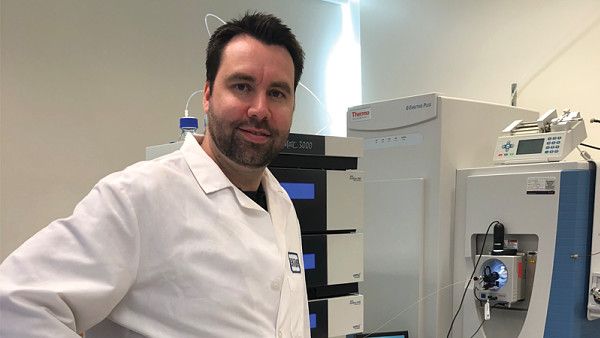Category: health – Page 417

Can mathematics help us understand the complexity of our microbiome?
How do the communities of microbes living in our gastrointestinal systems affect our health? Carnegie’s Will Ludington was part of a team that helped answer this question.
For nearly a century, evolutionary biologists have probed how genes encode an individual’s chances for success—or fitness—in a specific environment.
In order to reveal a potential evolutionary trajectory biologists measure the interactions between genes to see which combinations are most fit. An organism that is evolving should take the most fit path. This concept is called a fitness landscape, and various mathematical techniques have been developed to describe it.

How a healthy microbiome could supercharge the body’s natural cancer-fighting cells
The ways in which the communities of bacteria living within our bodies influence our overall well-being are becoming better understood all the time, and with that better understanding comes potential new ways to intervene for better health outcomes. Adding to this is a new discovery by researchers in Melbourne, who have described how a healthy microbiome can boost the activity of killer immune cells that are vital to fighting off infections and cancer.
Vital-Radio: Smart Homes that Monitor Breathing and Heart Rate
Vital-Radio can use vital sign information to enhance our health-awareness, answering questions like “Do my breathing and heart rates reflect a healthy lifestyle?”, “Does my child breathe normally during sleep?” or “Does my elderly parent experience irregular heartbeats?”

Farmed Salmon = Most Toxic Food in the World
Fish are an important part of the ecosystem and the human diet. Unfortunately, overfishing has depleted many fish stocks, and the proposed solution — fish farming — is creating far more problems than it solves. Not only are fish farms polluting the aquatic environment and spreading disease to wild fish, farmed fish are also an inferior food source, in part by providing fewer healthy nutrients; and in part by containing more toxins, which readily accumulate in fat.
Farmed Salmon = Most Toxic Food in the World
Salmon is perhaps the most prominent example of how fish farming has led us astray. Food testing reveals farmed salmon is one of the most toxic foods in the world, having more in common with junk food than health food. Studies highlighting the seriousness of the problem include:

Brain cells for 3D vision discovered
Scientists at Newcastle University have discovered neurons in insect brains that compute 3D distance and direction. Understanding these could help vision in robots.
Could a Mediterranean diet and exercise reduce dementia risk?
Researchers at Newcastle University are launching a new study to see whether eating a Mediterranean-style diet and being more physically active could improve brain function and reduce dementia risk.

Magnetic Fields Encourage Cellular Reprogramming
Could be used in a portable device to genetically reprogram ones body.
Environmental conditions, such as heat, acidity, and mechanical forces, can affect the behavior of cells. Some biologists have even shown that magnetic fields can influence them. Now, for the first time, an international team reports that low-strength magnetic fields may foster the reprogramming of cellular development, aiding in the transformation of adult cells into pluripotent stem cells (ACS Nano 2014, DOI: 10.1021/nn502923s). If confirmed, the phenomenon could lead to new tools for bioengineers to control cell fates and help researchers understand the potential health effects of changing magnetic fields on astronauts.
Biologists have been building up evidence that magnetic fields affect living things, says Michael Levin, director of Tufts University’s Center for Regenerative & Developmental Biology, who was not involved in the new study. For example, plants and amphibian embryos develop abnormally when shielded from Earth’s geomagnetic field. And there’s some clinical evidence that particular electromagnetic frequencies promote bone fracture healing and wound repair (Eur. Cytokine Network 2013, DOI: 10.1684/ecn.2013.0332).
“It’s been a huge unknown how a cell senses electromagnetic fields and then translates that into a change in identity or a change in gene expression,” says Christopher J. Lengner, a cell biologist at the University of Pennsylvania. He worked with a group of bioengineers led by Jongpil Kim of Dongguk University, in Seoul, South Korea, to see if these fields could influence a process they were all interested in: reprogramming a cell’s developmental state.

